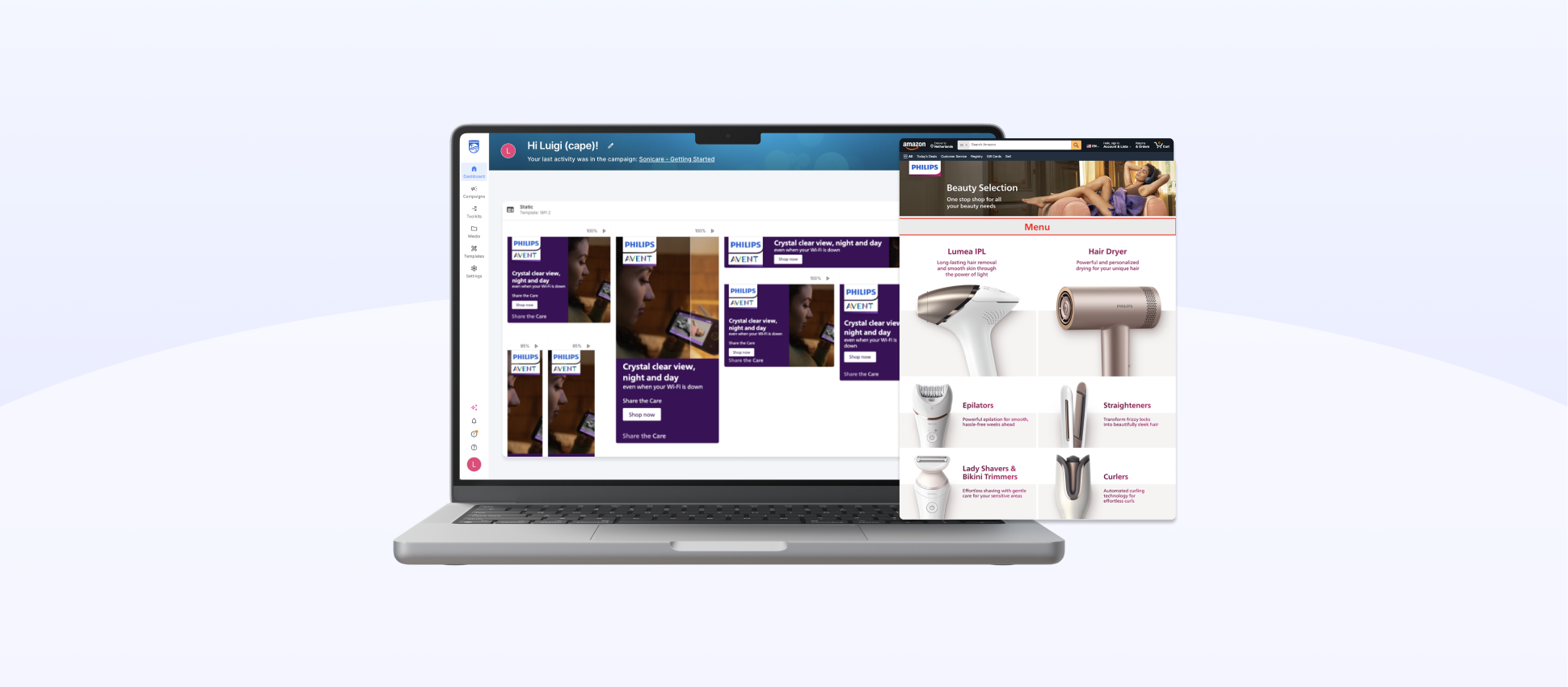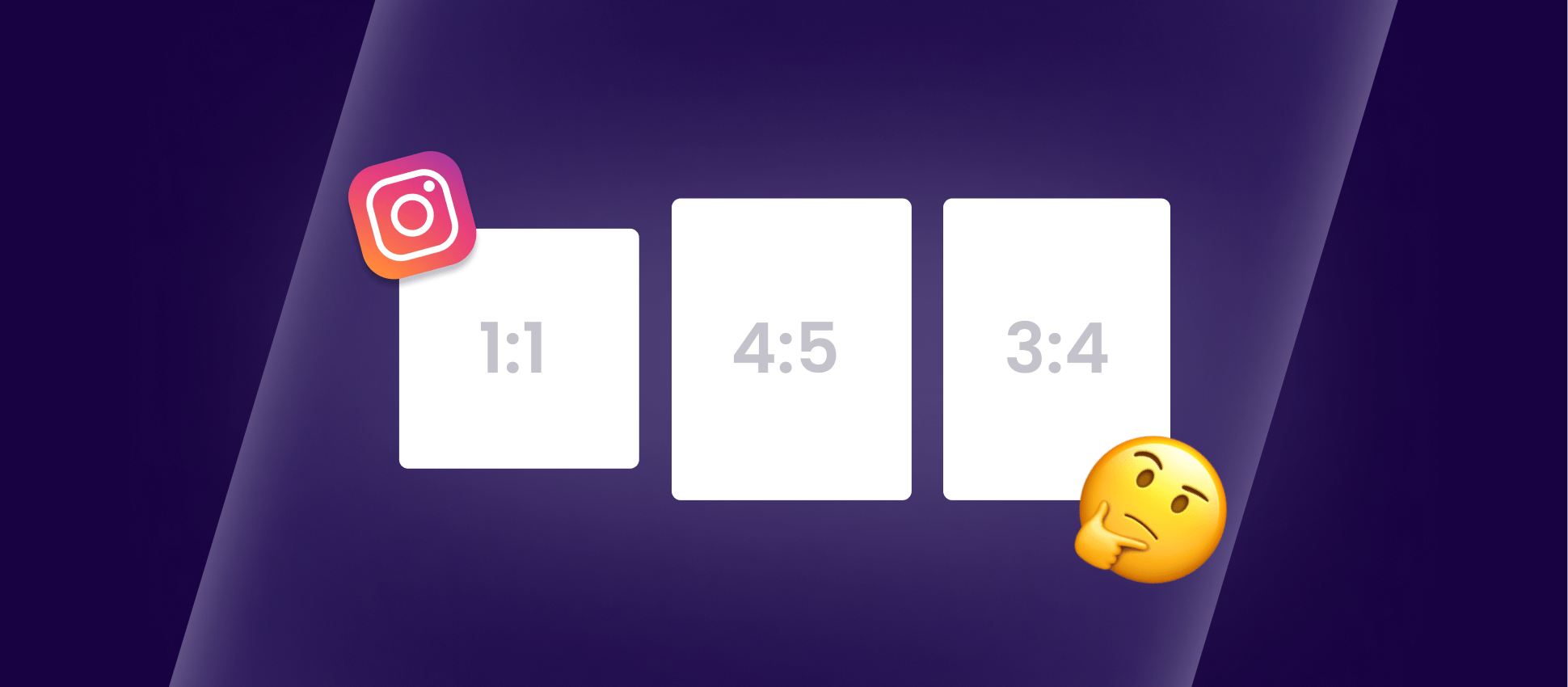

In the ever-evolving landscape of digital marketing, efficiency is key. As a seasoned digital media professional who's navigated through the complex online advertising world, Yannick witnessed firsthand the challenges and successes that come with crafting impactful campaigns in a fast-paced environment.
We caught up with Yannick to explore what it's like working in an industry where technology, data, and understanding your audience are all intertwined. We discussed how this blend influences the way ads are created and the outcomes they achieve on a large scale. Curious to learn more? Dive into our interview!
Could you share a bit about yourself and your background?
Yannick: I began my digital advertising career as a trainee at an online marketing agency, specialising in paid search campaigns like Google Ads. Seeking greater challenges, I set my sights on Just Eat Takeaway, a leading fast-growing food delivery platform in the Netherlands. In my first years there, I managed the paid search campaigns and affiliate marketing worldwide.
After a few years, I wanted to change direction and broaden my knowledge. So I started working in programmatic display, online video, and paid social advertising. Though, JET was not doing that kind of advertising back then. We had to build this from scratch since there was no DSP in place then. So I wrote a business case, pitched the idea of using a DSP and ended up with Google Marketing Platform, better known as GMP. . Together with an agency we implemented GMP from A to Z.
In my final role at JET, I led a team of digital media buying specialists who were responsible for top funnel campaigns in Southeast Europe. We were working closely together with brand managers to ensure effective campaign rollouts across multiple countries.
What are the main advertising challenges that you have encountered in your career, particularly related to display/performance advertising?
Our team at JET grew as we expanded into new markets, and the demand for banner assets skyrocketed. We started to drive the design department crazy as they struggled to keep up with our immense amount of requests. The manual creation of banners was a time-consuming and error-prone process. Any errors or changes had to be manually adjusted across all versions, which we, the performance marketers, then all had to manually upload into all platforms. The time-consuming process meant campaigns had to be planned months ahead, yet often weren't. This led to stress and missed deadlines over multiple teams.
Which challenges motivated you to transition to using a tool?
The need for efficiency motivated us to transition to a tool. Our processes were inefficient, especially given the growth of our company and the many markets we were active in. Our team spent about 80% of their time setting up campaigns, which sometimes took weeks per campaign to complete. This process was extremely time-consuming, prone to errors, and far from enjoyable. As marketers, we wanted to focus on tasks that are meaningful and could truly make an impact, such as special campaigns, testing, and innovation.
Initially, we tried to handle it with an agency, but it proved to be super costly to get just one banner set for 23 countries. We soon realised that this approach wasn't suitable for our needs. Our search for a new tool to optimise the design process and publishing workflow led us to Cape.
Which specific Cape solutions did you use for your campaigns?
We used Cape for creation, collaboration, publishing, and reporting. The great thing about working with Cape was that everything was available in one tool. Plus, they tailored everything to our preferences! This could be challenging at times because when someone says everything's possible, it's hard to figure out where to start.
We mainly used Cape to automate creative processes and manage performance display, display video and affiliate campaigns. It streamlined our workflow management and made it easy to produce creative assets for multiple markets, which is very beneficial in the food delivery market.
What were the main benefits that you noticed for the creative/marketing teams when using Cape?
Using Cape was a real game changer for us. Cape enabled us to launch campaigns with just one click, making the process much faster. Instead of taking weeks, we could set up multiple campaigns in different countries in just hours. Plus, our workflow management improved a lot. Before Cape, setting up campaigns was a hassle, but with Cape we were able to work quickly and efficiently.
With Cape, we also did a lot more A/B testing and created many more ad variations than before, thanks to its dynamic elements. We used to change our creatives only once every six months, but with Cape, we did it much more frequently. All these improvements really boosted our performance.
What advice would you give to marketers who are struggling to reach their target audience or achieve results in a crowded market?
It may sound like a cliché, but it's crucial: know your audience and tailor your content accordingly. How does your target audience want to be addressed? And adapt this approach for each channel. For instance, if you're on TikTok and you see a random static banner, chances are you'll perceive it as spam or even overlook it. Yet, you might prefer to be approached in a completely different way. Therefore, adjust your content to your audience's preferences. Conduct creative tests to discover which messages and designs resonate best with the audience. With Cape, we could easily test different creative variants and measure their effectiveness.
Latest News

Blog
3 min read
04 April 2025
Breaking Barriers: Why Media and Creative Teams Should Work Together More Often
In advertising, media and creative teams have traditionally worked separately, passing ideas back and forth to get through projects. But as things progress quickly and teams have to work faster than ever, collaboration is no longer optional - it’s essential.

Products and features
4 min read
11 March 2025
How Cape Solves Amazon Storefront Creation Challenges
As businesses grow, managing an increasing number of marketing concepts can become a logistical nightmare. From banners to videos and brand pages, finding and organising these assets across multiple business units often leads to inefficiency and confusion. That's where Cape comes in.

Industry insights
3 min read
20 January 2025
The New Instagram Layout Update: How to Optimise Your Feed for Non-Square Posts
Recently, Instagram has rolled out yet another update. What makes this one different? For casual users, a layout change of your feed may be just another visual element of the app to get used to. For marketers, it affects just about every aspect of your content strategy.

